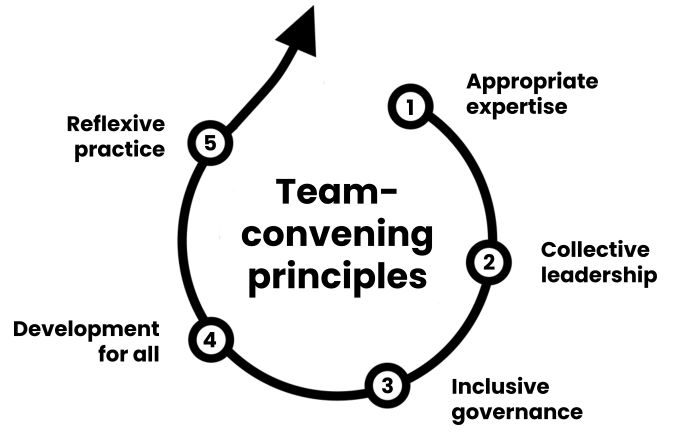Dedicated to redefining how research teams operate, with a special focus on encouraging greater diversity and inclusivity, the project aims to co-develop a new model of team-based working, and pilot this through a live funding call with AHRC.
One of the core aims of the project is to provide an alternative to the traditional Principal Investigator (PI)-led model and to identify the steps that need to be taken to increase the diversity of leadership voices in research.
This includes technical and professional services colleagues, early and mid-career academics and under-represented groups, with a view to exploring how the combination of whole team expertise might lead to better research, while fostering a more positive research culture.
Since Autumn 2023, the project team has carried out a series of workshops and events to gain insights and feedback, engaging a range of stakeholders across the sector on the challenges and opportunities presented by team-led working, in order to better understand what changes may be needed to existing systems and processes to support this approach.
These findings have helped to shape a team-convening approach that enables a shift in emphasis away from the traditional PI-led model of research to a more inclusive, teams-led approach.
The team convening approach is underpinned by five key principles:

Back to: Researcher Hub
